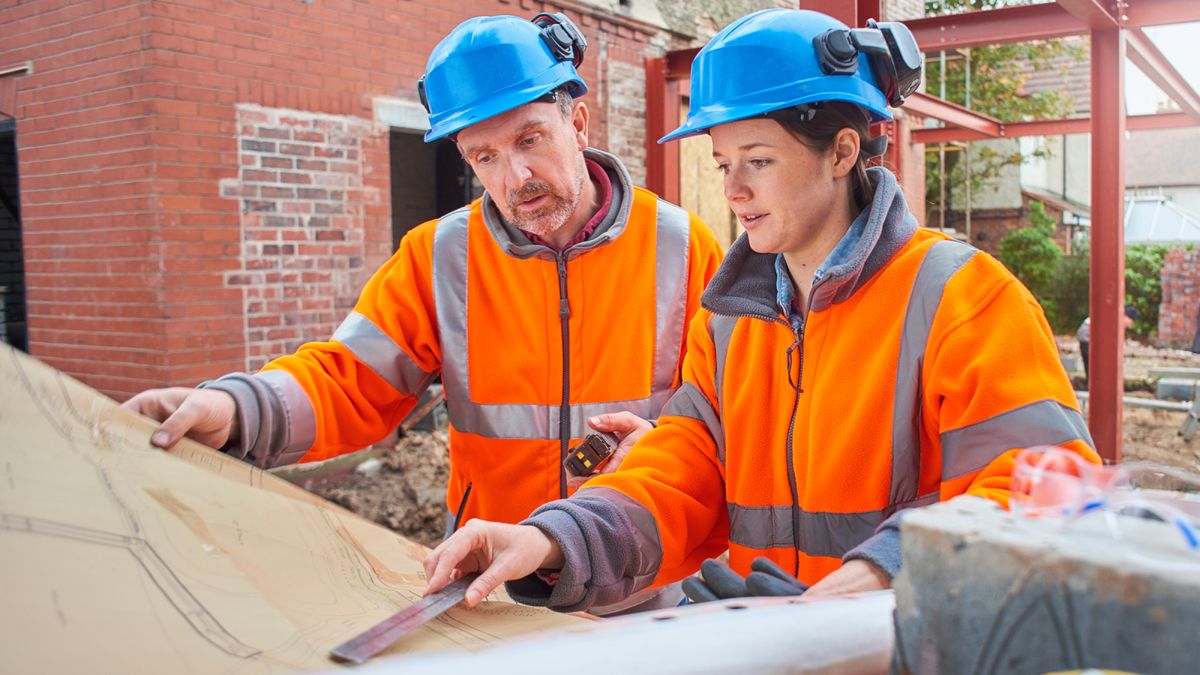Navigating Achievement: The Role of Surveying Expertise in Infrastructure Development
Within the dynamic realm of infrastructure development, the significance of careful preparation and exact calculations cannot be overstated. Land surveying solutions play a crucial role in guaranteeing that every project, from residential homes to major construction projects, is built on a firm foundation—quite. By providing vital data about land boundaries, topography, and current buildings, professional land surveyors lay the foundation for effective building endeavors, helping to prevent expensive errors and conflicts down the track.
Grasping the different facets of land surveying can enable developers, construction workers, and even homeowners. From understanding what to to expect during a property survey to identifying the multiple kinds of surveys available, each detail plays a role to knowledgeable decision-making. Whether it is the legal significance of an accurate land survey or the technological advancements shaping the sector, grasping the nuances of land surveying solutions is indispensable for those involved in the construction industry or property transactions.
Importance of Certified Surveying
Certified land surveying is essential for guaranteeing the accuracy and reliability of land assessments. When embarking on any building project, having a exact understanding of land limits, landforms, and existing facilities is critical. Land surveyors utilize cutting-edge technology and techniques to gather data that provides a clear understanding of the site, enabling for informed decisions to be made. This accuracy reduces risks associated with development, such as legal issues or unexpected costs, thereby guaranteeing that projects move forward smoothly.
Moreover, professional surveyors play a important role in protecting property rights. An precise land survey establishes well-defined boundaries, which is necessary for preventing encroachments and disputes with adjacent properties. This can save property holders from potential legal battles that may arise from misunderstandings about property limits. When Level 3 Surveys South West London on these exact measurements, they can confidently move forward with their projects, understanding that they are following legal and regulatory standards.
Lastly, the expertise of professional surveyors extends past just assessing land. They also provide essential insights into zoning compliance and land use planning, which are important for successful construction. By grasping the regulations and rules that apply to a property, land surveyors help clients manage the complexities of building projects. This not only helps to confirm adherence to local laws but also promotes the overall effectiveness and sustainability of construction projects in the locality.
Types of Surveys and Their Uses
Forms play a critical role in various stages of building and property management. One of the most common types is the boundary survey, which helps establish the legal boundaries of a property. This type of survey is essential for landowners and builders to avoid disputes over boundary lines and to grasp the extent of their ownership rights. By distinctly marking property boundaries, these surveys provide assurance and stop expensive conflicts with neighbors.
Topographic surveys, on the other hand, focus on the shapes and features of the land. They are used to create detailed maps that indicate the altitudes and depressions of the terrain. This information is essential for planners and civil engineers when planning structures, as it helps them determine how a building will fit into the landscape. Contour mapping are often required for real estate developments, as they inform decision-making related to water management, land leveling, and the overall design of the site.
Another notable type of survey is the American Land Title Association/National Society of Professional Surveyors survey, which is commonly needed during business property transactions. This survey integrates boundary and topographic aspects with supplementary specifications that ensure compliance with national standards. It provides complete information about property lines, existing structures, and any easements or restrictions. This level of thoroughness is important for investors, as it helps them understand the potential risks and opportunities associated with a property before making significant investments.
Tech Advancements in Surveying
The surveying industry has undergone significant change with the advent of new technologies, transforming how land measurements are conducted. One of the notable advancements is the use of GPS (GPS) tech, which enables surveyors to identify exact locations with increased accuracy. This system enhances the efficiency of surveying processes, enabling surveyors to swiftly gather data over extensive areas without the traditional limitations of manual measurements. The use of GPS also minimizes human error, guaranteeing that the results are more dependable.
In addition to GPS, drone innovation has emerged as a powerful tool for surveying. Drones fitted with detailed cameras and sensors can record high-quality aerial images and data that were once challenging and time-consuming to obtain. This technology is particularly advantageous for topographic surveys, land subdivisions, and infrastructure projects, as it provides for a comprehensive view of the landscape and structures from above. Drones can map extensive areas in a fraction of the time it would take using conventional methods, making surveying projects more efficient and more economical.
Furthermore, improvements in computing and analytics tools have transformed how surveyors understand and present their findings. Cutting-edge software solutions now enable surveyors to create intricate 3D models and visualizations from collected data, giving clients with clearer insights into the project's topography, boundaries, and potential challenges. This ability enhances cooperation between surveyors, engineers, and architects, leading to more educated decision-making throughout the building process. As technology continues to evolve, the surveying industry is set to become even more innovative and integral to effective construction projects.
